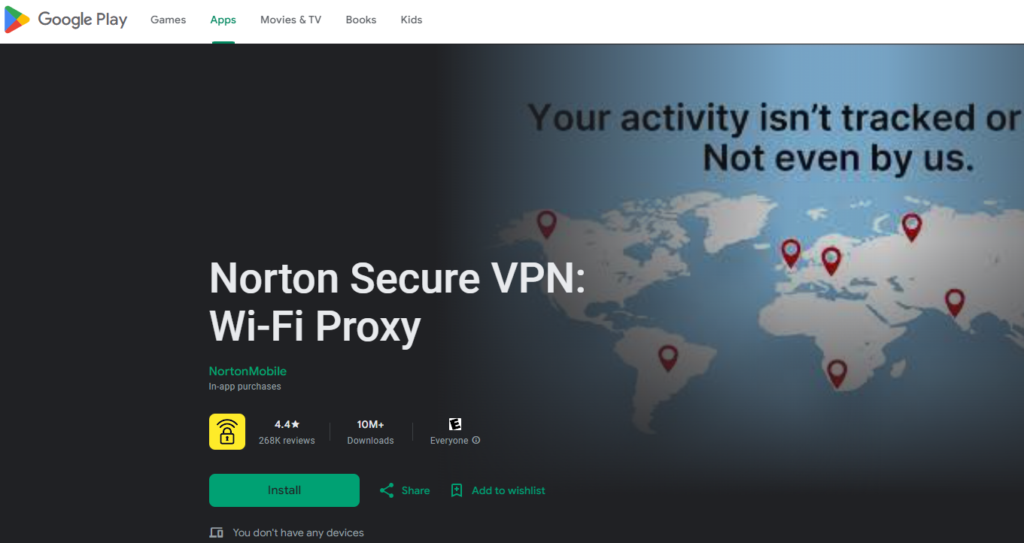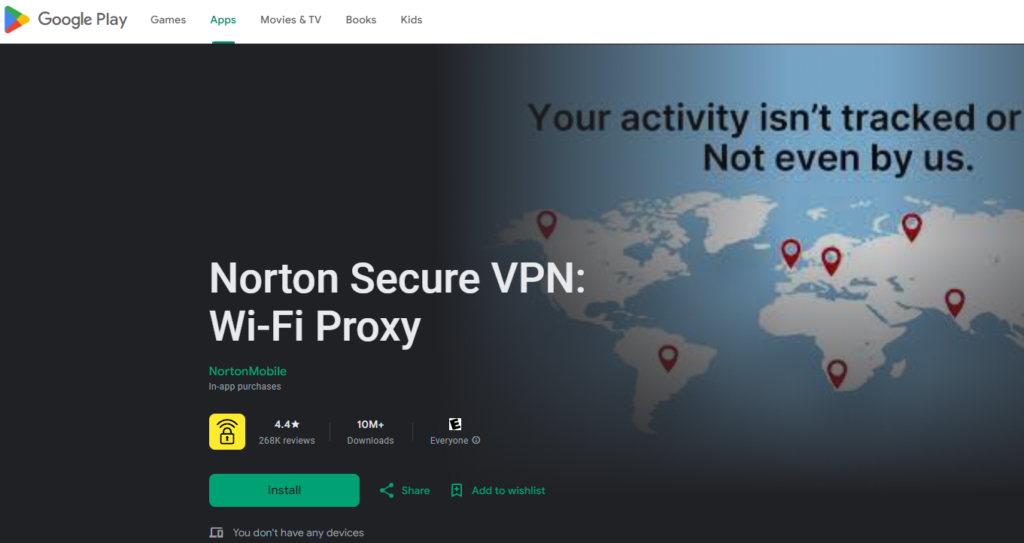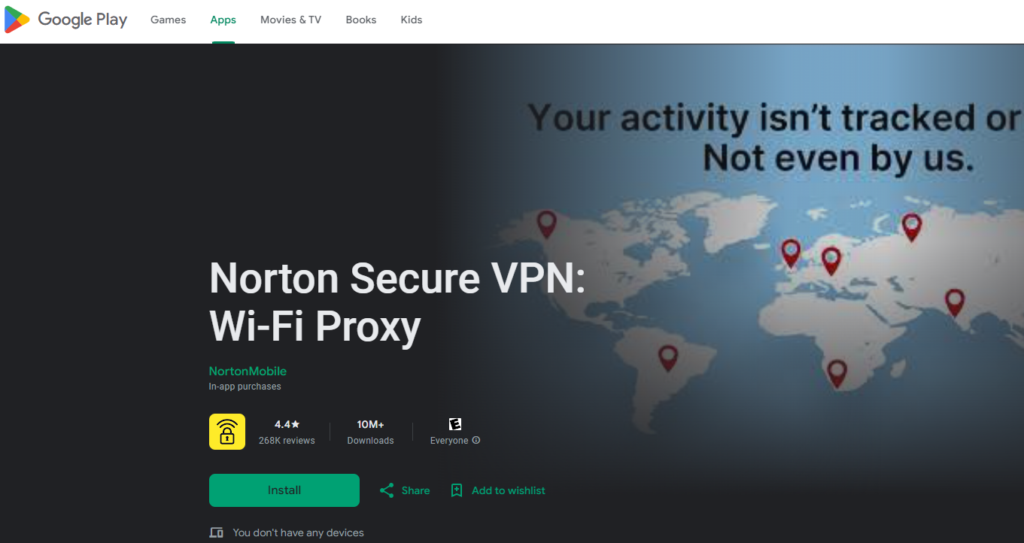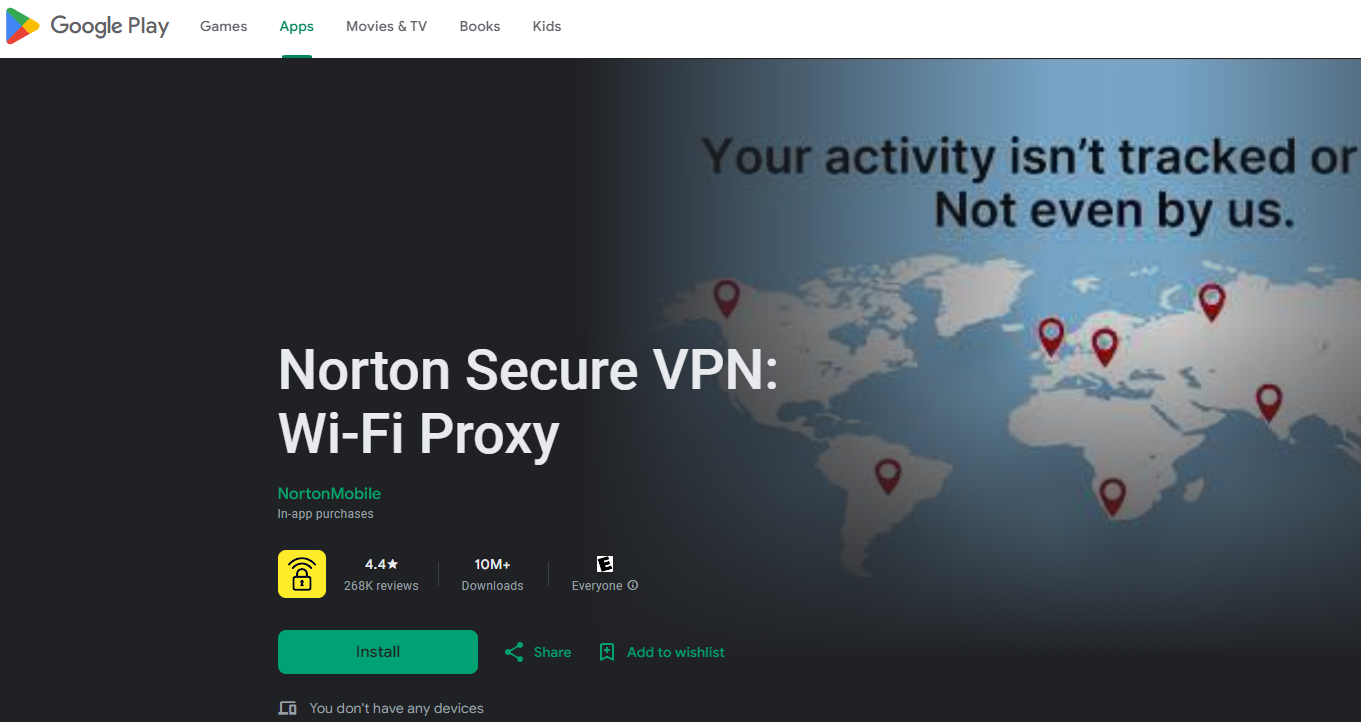A Mobile Virtual Private Network (VPN) is a technology that allows users to establish a secure and encrypted connection to a private network over the internet using a mobile device. VPNs have become increasingly popular as a means to ensure privacy, security, and anonymity while accessing the internet, especially on mobile platforms.
Install the app and start your 7 day trial (Only for Australia)

Installer appen og start din prøveperiode (Only for Denmark)


Here are key aspects to consider when discussing Mobile VPNs:
- Security and Encryption: Mobile VPNs use encryption protocols to secure the data transmitted between the user’s device and the private network. This encryption ensures that even if the data is intercepted, it remains unreadable to unauthorized entities. Common protocols include OpenVPN, IPSec, and L2TP/IPSec.
- Privacy Protection: Mobile VPNs play a crucial role in safeguarding user privacy by masking their IP address. This prevents websites, online services, and third parties from tracking and identifying the user’s location and online activities. It is particularly important when using public Wi-Fi networks, where the risk of data interception is higher.
- Access to Restricted Content: VPNs enable users to access region-restricted content by making it appear as if they are connecting from a different location. This is useful for bypassing geo-restrictions imposed by streaming services, social media platforms, or other online content providers.
- Secure Remote Access: Mobile VPNs are valuable for businesses and professionals who need secure remote access to their corporate networks. This allows employees to connect to the company’s internal systems and resources securely, even when they are outside the office.
- Types of Mobile VPNs:
- Remote Access VPNs: Enable individual users to connect to a private network from a remote location.
- Site-to-Site VPNs: Connect entire networks securely, typically used for interconnecting branch offices.
- SSL VPNs: Use Secure Socket Layer (SSL) encryption to facilitate secure remote access to web applications.
- Mobile Device VPNs: Specifically designed for mobile devices, ensuring seamless connectivity and performance on smartphones and tablets.
- Performance Considerations: While VPNs provide security, they can sometimes impact internet speed due to the additional encryption and routing processes. Users may experience slower connections, depending on the VPN service and the server location.
- VPN Service Providers: Users can choose from a variety of VPN service providers, both free and paid. Factors to consider when selecting a provider include server locations, encryption protocols offered, privacy policies, and user-friendly interfaces.
- Challenges and Considerations:
- Battery Consumption: Running a VPN on a mobile device can consume more battery power, especially if the device constantly switches between networks.
- App Compatibility: Users need to ensure that the chosen VPN service is compatible with their mobile operating system (iOS, Android, etc.) and has a user-friendly app.
In conclusion, Mobile VPNs are powerful tools for ensuring the security and privacy of mobile internet connections. They provide users with the flexibility to access the internet securely, bypass geo-restrictions, and connect to private networks, making them an essential component of modern mobile security practices.

